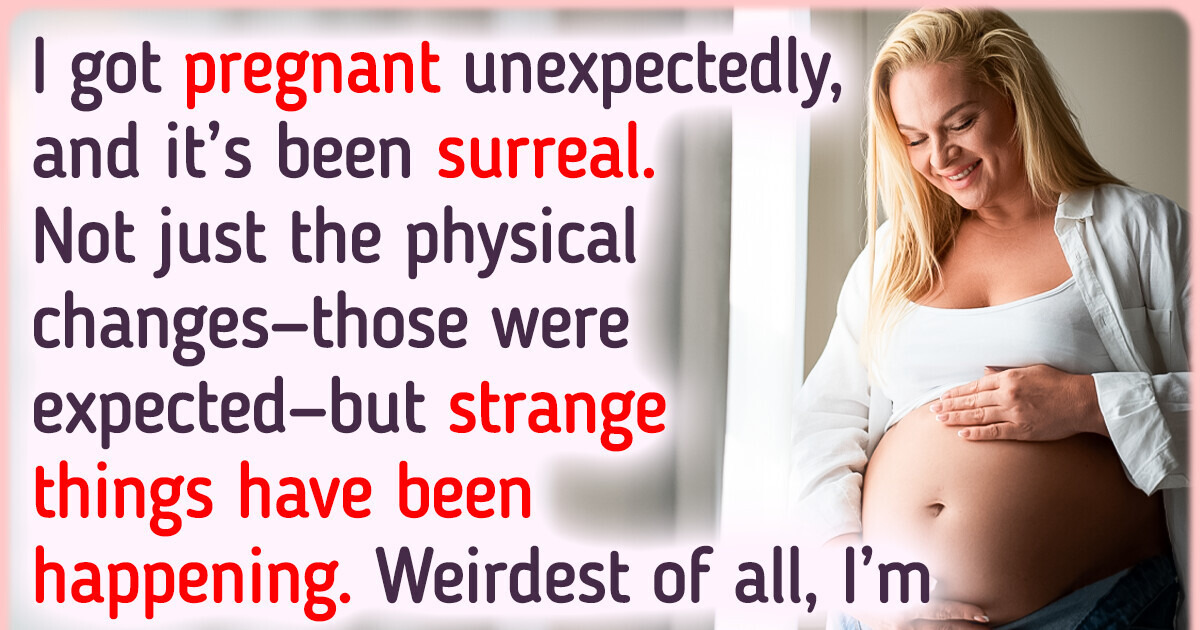I Gave My MIL a Fake House Key and Shamed Her in Front of the Whole Family


Pregnancy doesn’t just transform the body—it rewires the brain. New research reveals surprising changes in how a mom’s brain adapts to motherhood, offering fresh insights into one of the least understood aspects of women’s health.
The study uncovers a fascinating twist: during pregnancy, some parts of the brain actually shrink, but their connections grow stronger, changing how the brain works. Almost the entire brain goes through this amazing transformation, preparing for the journey into motherhood.
More than 80% of the brain showed a drop in gray matter volume, which can sometimes be connected to memory and thinking challenges. For a pregnant woman, it means that losing gray matter isn’t a bad thing. It’s like the process of chiseling a block of marble into a sculpture.
Around 208 million women become pregnant each year, but there is still a lot we don’t know about how pregnancy affects the brain. Dr. Emily Jacobs, one of the study’s authors from UC Santa Barbara, pointed out that women’s health has been historically under-researched. “It’s 2024, and this is the first glimpse we have at this fascinating neurobiological transition,” she says.
The research was conducted on a healthy 38-year-old woman who underwent IVF and was studied from three weeks before conception until two years after giving birth. The research team took 26 MRI scans and blood tests during the pregnancy and compared them to eight women who weren’t pregnant.
By the ninth week of pregnancy, they observed a decrease in gray matter volume and thickness in the cerebral cortex, particularly in areas related to social cognition. Gray matter is important for functions like speech, thinking, and memory. Meanwhile, increases in cerebrospinal fluid and white matter were linked to rising hormone levels.
Here’s what our reader wrote to us about how she felt during her pregnancy: “I’m 38 and went through IVF, which was already a rollercoaster. I started feeling so mentally foggy, like my brain just wasn’t working the same. It turns out, hormones were actually changing my brain. It’s crazy how pregnancy doesn’t just transform your body—it can completely reshape your mind too!”
Another reader shared: “I got pregnant unexpectedly, and it’s been surreal. Not just the physical changes—those were expected—but strange things have been happening. Weirdest of all, I’m remembering childhood memories with crystal clarity, stuff I thought I’d long forgotten. It’s like my brain is rewiring itself, and I can’t help but wonder what else will surface. It feels like pregnancy is reshaping me in ways I never imagined.”
Some of these brain changes, like the loss of gray matter, persisted for up to two years after birth, while others returned to normal within two months. The gray matter reduction in the pregnant woman was almost three times higher than in the control group.
These findings could help explain how the brain adapts to motherhood. Researchers believe the brain may become more efficient, and better communication between brain regions could improve maternal care.
Our lack of knowledge has real effects, doctors say. For example, scientists don’t yet have enough data to predict postpartum depression before it happens or to fully understand how preeclampsia (a pregnancy complication causing high blood pressure) impacts brain health in the long run.
Out of 50,000 brain imaging studies published in the past 30 years, less than half of 1% focus on health issues unique to women, like pregnancy. So, when we talk about scientific knowledge, we need to think about who it’s really helping.
We would love to hear your thoughts on how you experienced pregnancy and any significant changes you noticed.











